Benefits Of A High-Protein Diet
America is certainly no stranger to diets and health trends, having seen countless fad diets of all varieties over the years. Many of us have either tried them for ourselves or know somebody who has. And let’s face it, most of the results attained from these diets don’t last. Why you might ask? Well, because the rules are often too rigid for real life.
It’s all about getting back to basics: the best sources of protein, healthy carbs, and healthy fats. The high-protein lifestyle is accessible to everyone and oh-so-simple. Here’s a no-bones-about-it look at utilizing high protein to lose weight and feel great.
What Is a High-Protein Diet?
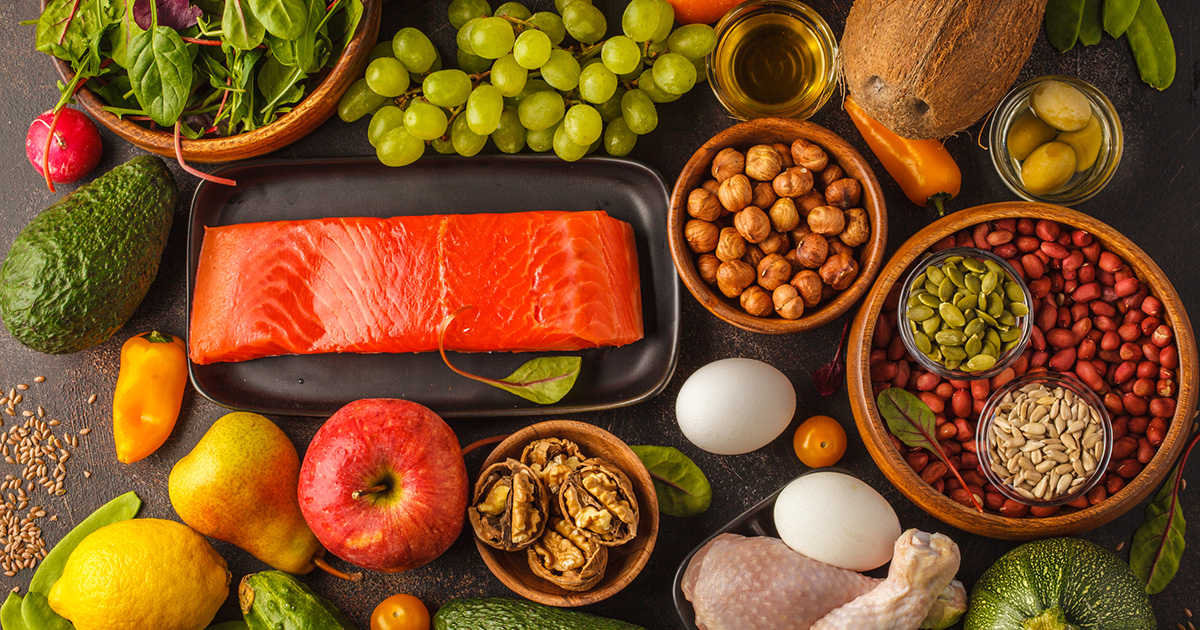

Through her research, Kaley Todd, MS, RDN, discovered according to the 2015-2020 Dietary Guidelines for Americans, protein in the average person's diet should be ten to thirty-five percent of their total daily calories. This ends up being about forty-six grams per day for women over thirteen, and fifty-six grams per day for men over eighteen. This means anything over thirty-five percent of daily recommended calories from protein can be considered a high-protein diet.
Additionally, according to Todd’s article High-Protein Diets & Weight Loss, Connie Diekman, MEd, RD, CSSD, LD, FADA, classifies any diet with more protein than carbohydrates as a high-protein diet.
Continue reading to learn about how high-protein diets can help individuals lose weight.
High Protein To Lose Weight
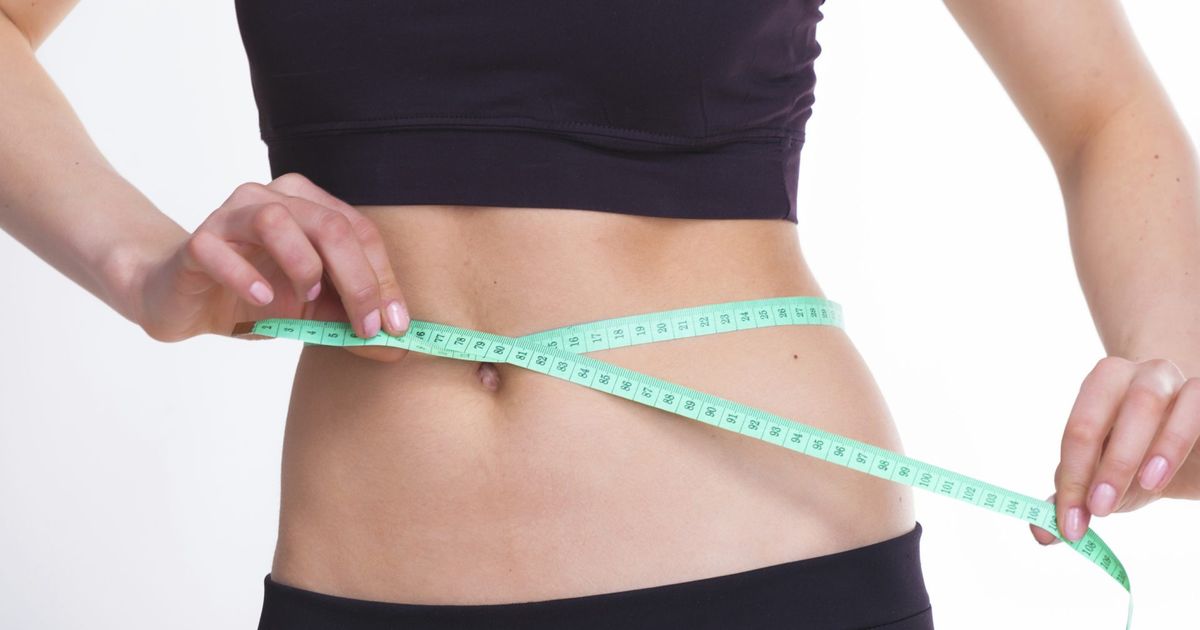
So how is a high-protein diet supposed to help shed pounds? The idea is high-protein foods make the body labor harder during the digestion process, with more work equating to more calories burned. Most have heard the phrase 'muscle burns fat.' Turns out this saying might hold some weight (the good kind, that is).
Todd says high-protein diets can be more effective for preserving muscle mass and preventing metabolic slowdown during weight loss. In fact, some research has shown high-protein diets are effective for weight loss in more than fifty percent of the population! Another theory behind protein’s inherent ability to help us slim down is its ability to keep us full longer, decreasing hunger. Although additional research is required to fully understand the concept of eating protein to lose weight, any Google search will litter your screen with long, lean people who have done just that.
Continue reading to discover more benefits of a high-protein diet.
Other Benefits
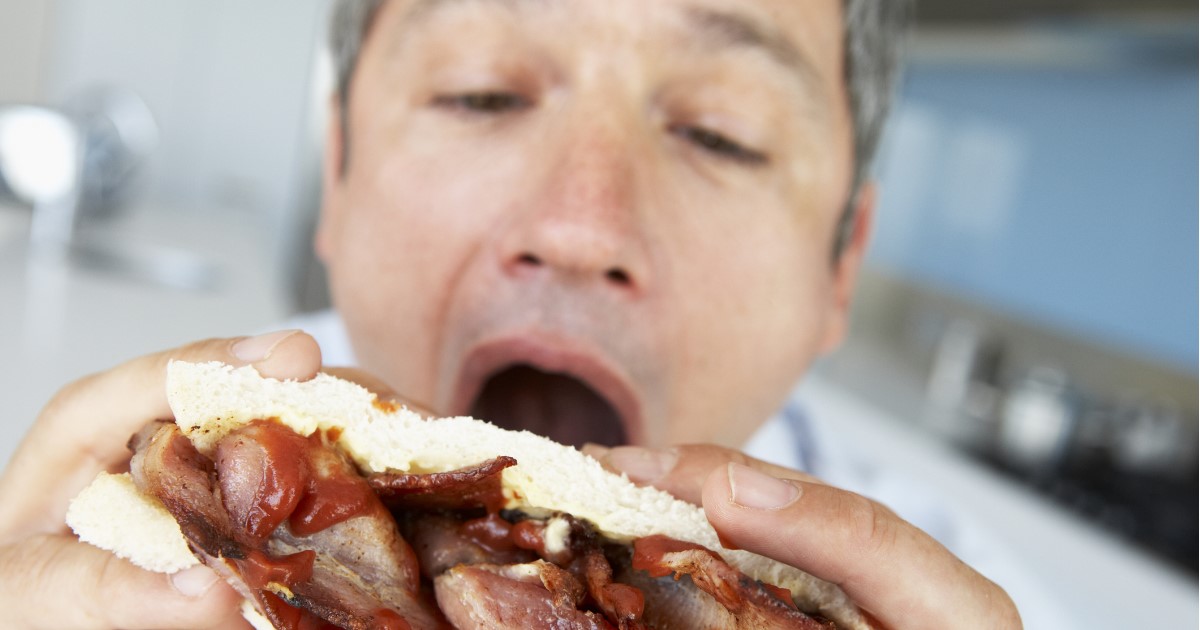
But the buck doesn’t stop with weight loss. There are other benefits to consuming a high-protein diet! Our organs, tissues, muscles, and hormones are all made up of proteins, so it would seem logical to assume consuming high amounts of protein is essential to survival. After all, it’s what our bodies use to develop, grow, and function.
Dr. Josh Axe, DNM, DC, CNS, is a certified doctor of natural medicine, doctor of chiropractic, and a clinical nutritionist with a significant passion for helping others eat healthy and live a healthy lifestyle. According to his representative, Jillian Babcock, other benefits of a high-protein diet include stabilized blood sugar levels, improved ability to learn and concentrate, reduction of brain fog, boosted energy levels, increased muscle and bone health, and nutrient absorption.
Moreover, Todd tells us a high-protein diet may make our hearts healthier too. But meat-lovers beware; this doesn’t give you the green light to load your plate with bacon. Such practices will likely not lead to pounds lost and a happily beating heart. Experts suggest getting your protein from plant sources such as well.
Continue reading to reveal the best sources of protein.
Best Sources of Protein
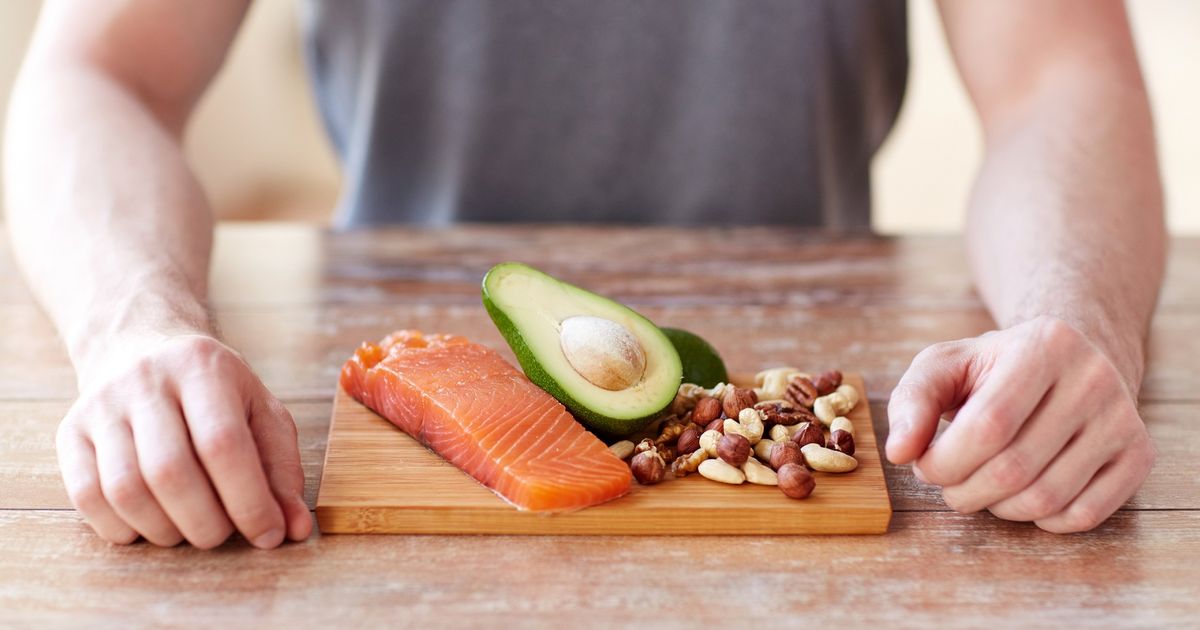
We’ve covered what is considered to be a high-protein diet and what the benefits of such a diet are, but what about the actual protein? What kinds of proteins are best to eat? Among the list are ethically grown meats (such as grass-fed beef and organic chicken), bone broth, legumes (e.g., lentils and black beans), wild-caught salmon and other wild fish, eggs, yogurt or kefir, raw cheeses, and nuts. The most important thing to remember when consuming a diet high in protein is to space out your portions and don't try to cram in all your protein requirements for the day in one sitting. Our bodies can only process so much protein in a single meal; many sources say this is around twenty grams.
Continue reading to learn about the other components of high-protein diets.
Healthy Carbs
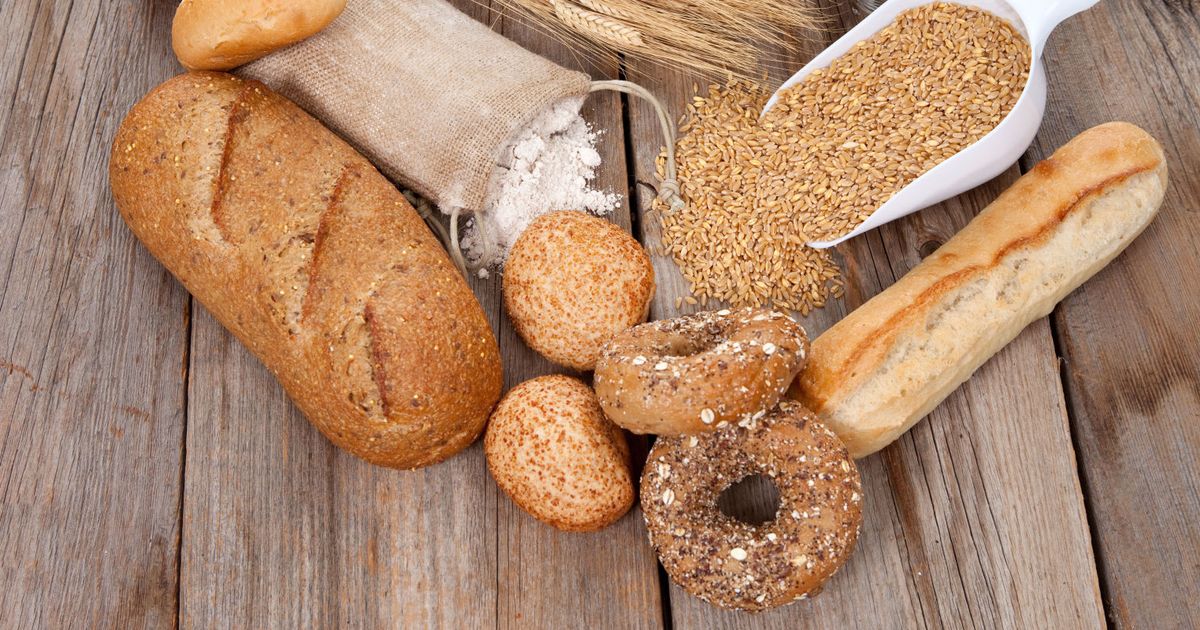
Just like protein, not all carbs are created equal. Many have grown up with the idea carbs come from pasta and bread, and that’s it. Perhaps we've also been taught when it comes to dieting, one ought to avoid carbs like the plague, which is simply not true. Losing weight is not about deprivation, and it's important to remember carbs are just as important as proteins. However, refined carbs, such as white pasta and white bread, should be avoided when trying to lose weight. Instead, make the switch to whole-grain pasta and bread. Even foods like quinoa, sweet potatoes, legumes, and fruits can provide the right amount of daily carb intake.
Continue reading to learn about healthy fats.
Healthy Fats
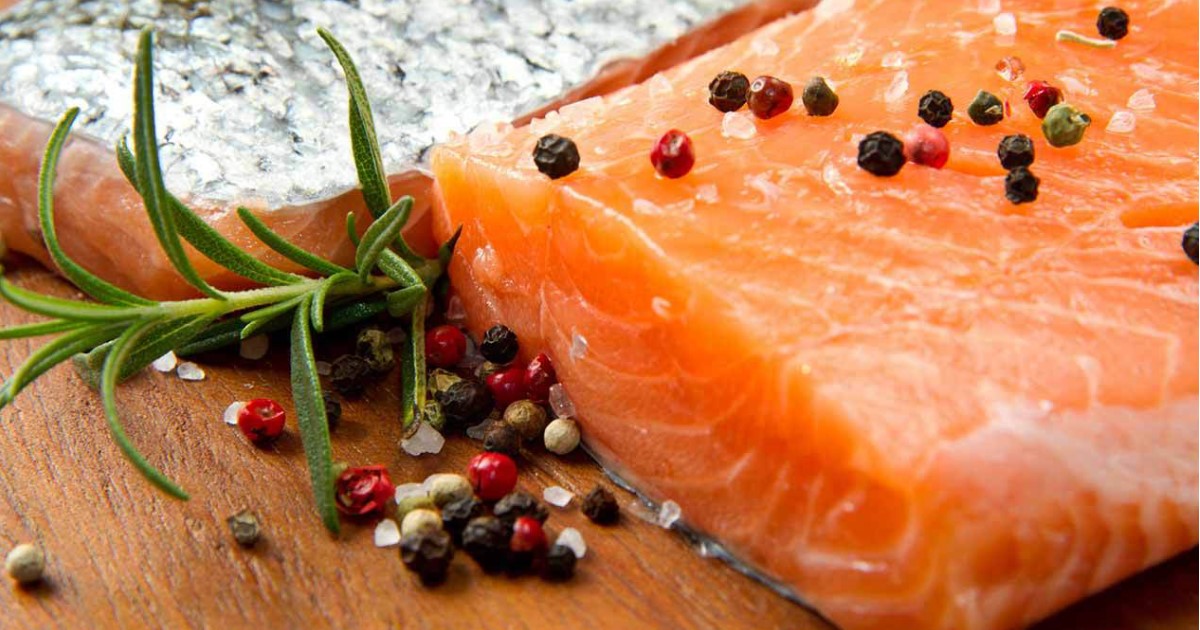
Many of us have spent a lot of time being afraid of consuming fat, holding onto the idea eating fat will make us fat. Luckily for us, the opposite is true. In fact, certain fats are essential for a well-balanced diet. Nutritionists suggest eating avocados, butter or ghee, coconut oil, extra virgin olive oil, omega-3s from fish, nuts and seeds, eggs (with the yoke), grass-fed organic beef, MCT oil, full-fat dairy, and last but not least, dark chocolate. Yes, you read that right — dark chocolate.
The key thing to remember is although we are the same species, we all have individual body makeups and nutritional needs. What suits one person may not suit another. It’s about finding a balance that works for you. However, if your goal is to ditch the strict guidelines of fad diets and change your body for good, the high-protein lifestyle might be for you.
